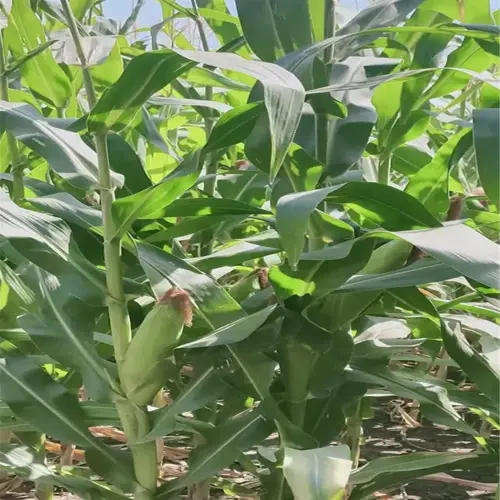What's the key to successful eggplant growth?

Written by
Michael Sullivan
Reviewed by
Prof. Charles Hartman, Ph.D.The process of growing eggplant first starts with heat management. These tropical natives need fairly constant daytime temperatures between 70-90°F and overnight soil temperatures above 60°F. I pre-warm my garden beds with black plastic for two weeks before planting. Cold roots are damaging and will permanently stunt growth. You could also use row covers on cold nights below 55°F.
Seedling Stage
- Temperature: Maintain 75°F soil with heat mats
- Light: 14-16 hours daily under full-spectrum LEDs
- Feeding: Half-strength 5-10-10 fertilizer weekly
Fruit Set
- Water: 1.5 inches weekly via drip lines
- Calcium: Foliar spray crushed eggshell tea
- Pollination: Tap flowers daily to release pollen
Soil preparation is incredibly important when it comes to raising eggplant. The highest harvests I encountered in the past have come from raised beds preceded with 40% compost, and 10% sand. Test pH once a month, keep between 6.0 and 6.5 pH to prevent nutrient lockout. I will add worm castings to beds when there is flower formation, increasing potassium levels naturally.
The timing of the harvest contributes significantly to the flavor. Glossy skins indicate the greatest ripeness stage. A gentle press should show that the fruit will rebound. I will harvest the 'Black Beauty' when it is about 6 inches, while I let the 'Rosa Bianca' reach 8 ounces. I also recommend storing them unwashed in perforated bags at 50°F to maintain their freshness for 10 days.
Read the full article: How to Grow Eggplant: Pro Tips for Big Harvests

